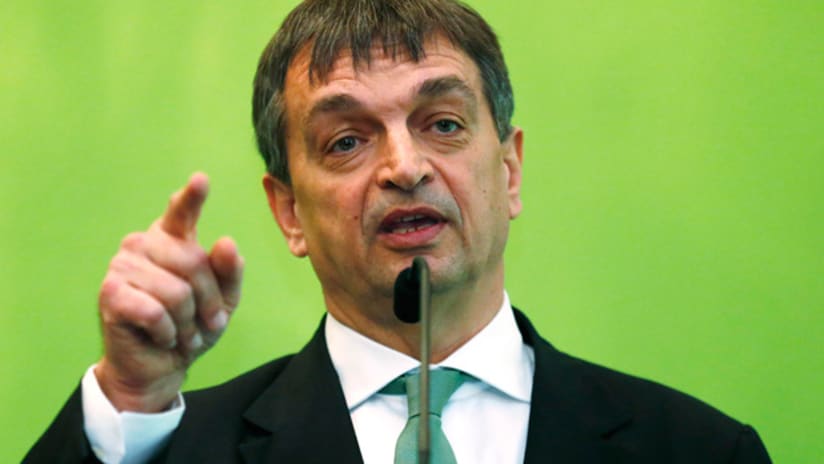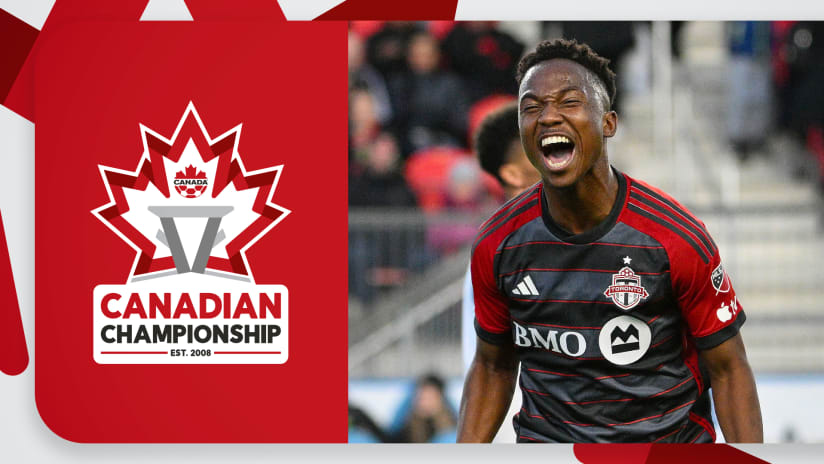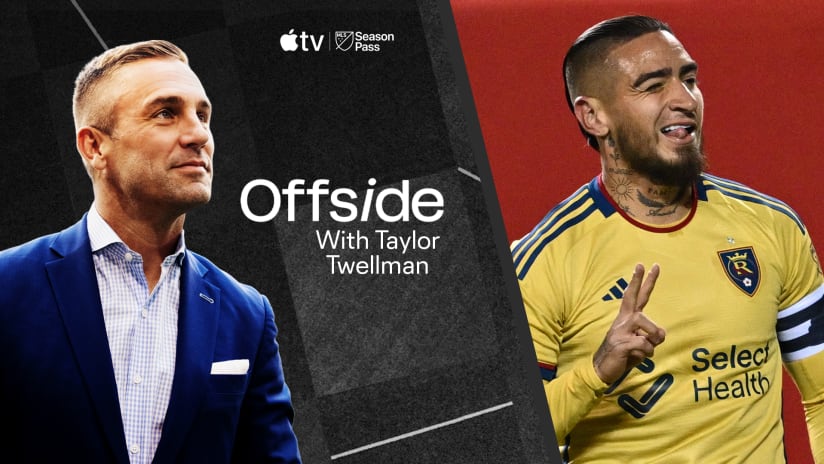If Jerome Champagne is elected new president of FIFA in June 2015, he promises to change the sport of soccer as we know it.
"We need a different FIFA," the former diplomat told the BBC. "More democratic, more respected, which behaves better and which does more."
Last week the 55-year-old Frenchman outlined a list of proposals that make up his early campaign platform:
1) Orange cards that send players to a "sin-bin," or penalty box like pro hockey;
2) Allowing only the captain to address the referee as in rugby;
3) Allowing referees to move free kicks 10 yards in case of dissent;
4) Abolishing the "triple punishment" that results in a penalty kick, red card and automatic one-game suspension for a player who denies a clear goal-scoring opportunity;
5) Greater use of instant replay video;
6) Releasing the salary information for FIFA officials;
7) Live televised debates for FIFA presidential candidates.
Yet for as radical as those proposals sound, Champagne says that he would pull out of the race if incumbent Sepp Blatter decides to run for a fifth term because "he's someone of relevance." Champagne worked with Blatter from 2002-05 as FIFA deputy general secretary before leaving FIFA in 2010 to serve as a soccer consultant.
What do referees think about the proposed changes to the game? MLSsoccer.com spoke to the head of soccer officiating in the USA, Professional Referees Organization chief Peter Walton, and he was interested in studying the impact of the penalty box concept and perhaps experimenting in the lower leagues. But he suggests a color switch from an orange card to a blue card used in indoor soccer.
Walton is also supportive of nixing the suspension in the "triple punishment" scenario unless the denial of a clear goal scoring opportunity involved "serious foul play or violent conduct."
But the 10-yard rule is not a foreign concept to Walton. It was used on a trial basis in England during his referee days in 2000. FIFA ultimately decided to scrap it to Walton's disappointment.
"It acted too well," Walton recalled about the 10-yard rule. "And the consensus was that because the ball wasn't moved forward so many times during the season, the rule was superfluous because players were behaving themselves anyway. My personal opinion is that having the rule there prevented the dissent. So they looked at it slightly wrongly. I'd like to see it introduced again."
Maybe Champagne's ideas are not too far-fetched after all.











